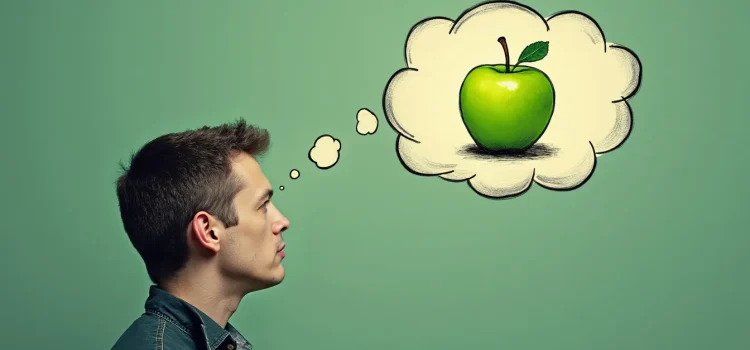Are you ready for a world where machines have feelings? Will AI have emotions at some point in the future? In Scary Smart, Mo Gawdat explores the fascinating possibility of AI developing emotions and other human-like traits. He argues that, as AI becomes more intelligent, it may acquire the ability to feel, express emotions, and even develop an instinct for self-preservation. Continue reading to learn about the prospect of emotional AI.
Will AI Have Emotions? Mo Gawdat Explores the Potential










